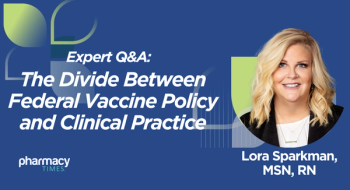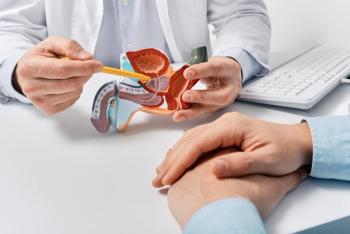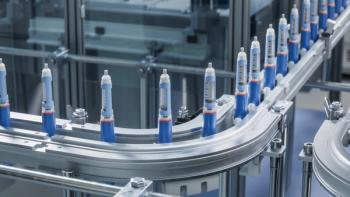
Shingles Vaccine Safe for Immunocompromised Patients
A new study finds that patients with autoimmune diseases being treated with immunosuppressive drugs are not at an increased risk of developing shingles.
A new study finds that patients with autoimmune diseases being treated with immunosuppressive drugs are not at an increased risk of developing shingles.
Although the FDA and the American College of Rheumatology currently consider the herpes zoster (HZ) vaccine—also known as the shingles vaccine—to be contraindicated for patients with autoimmune disease receiving immunosuppressive agents, a
It is well known that patients who have weakened immune systems are more vulnerable to getting shingles, but few studies have determined whether the immune-modulating biologic agents and immunosuppressive drugs taken by those with autoimmune disease are the reason for the increased likelihood of HZ expression.
“The risk of [shingles] is elevated by 1.5 to 2 times in patients with rheumatic and immune-mediated diseases such as rheumatoid arthritis and Crohn’s disease,” wrote the authors,who were led by Jie Zhang, PhD, of the University of Alabama at Birmingham. “This increase has been attributed to both the underlying disease process and treatments for these conditions.”
The retrospective cohort study evaluated a total of 463,541 Medicare patients with 1 of the following autoimmune diseases: rheumatoid arthritis, psoriasis, psoriatic arthritis, ankylosing spondylitis, or inflammatory bowel disease. Of these patients, nearly 19,000 of received the shingles vaccine. Researchers looked at the incidence of HZ within 42 days after vaccination and followed the vaccinated patients for a period of 2 years.
Among the nearly 19,000 patients who received the shingles vaccine, only 1 case of primary varicella was identified within the 42-day window. There were 633 patients exposed to biologics within this vaccine group, and none of these patients— including the 551 patients taking anti-tumor necrosis factor biologics—developed shingles 42 days after vaccination.
Beyond the 42-day period after vaccination, 138 of the nearly 19,000 patients developed shingles. The researchers noted that this number is acceptable and within range of the effectiveness of the vaccine. After controlling for demographics, type of immune-mediated disease, health care utilization, and exposure to biologic and nonbiologic disease-modifying antirheumatic drugs and oral glucocorticoids, the researchers determined that the shingles vaccine was associated with a decreased HZ risk.
“Despite the recognition that patients with immune-mediated conditions are at an increased risk of [shingles] , this and previous studies have shown that only a small fraction of these patients received the vaccine, likely in part due to safety concerns,” the authors wrote. “Our data call into question the current recommendations that [shingles] vaccine is contraindicated in patients receiving biologics and suggest a need for randomized controlled trial to specifically address the safety and effectiveness of [shingles] vaccination among patients receiving biologics.”
The authors acknowledged the possibility that they could be overestimating the protective effect of the shingles vaccine, but said the only way they could determine the validity of this argument would be “if zoster vaccine were selectively given to healthier patients.”
Newsletter
Stay informed on drug updates, treatment guidelines, and pharmacy practice trends—subscribe to Pharmacy Times for weekly clinical insights.








































